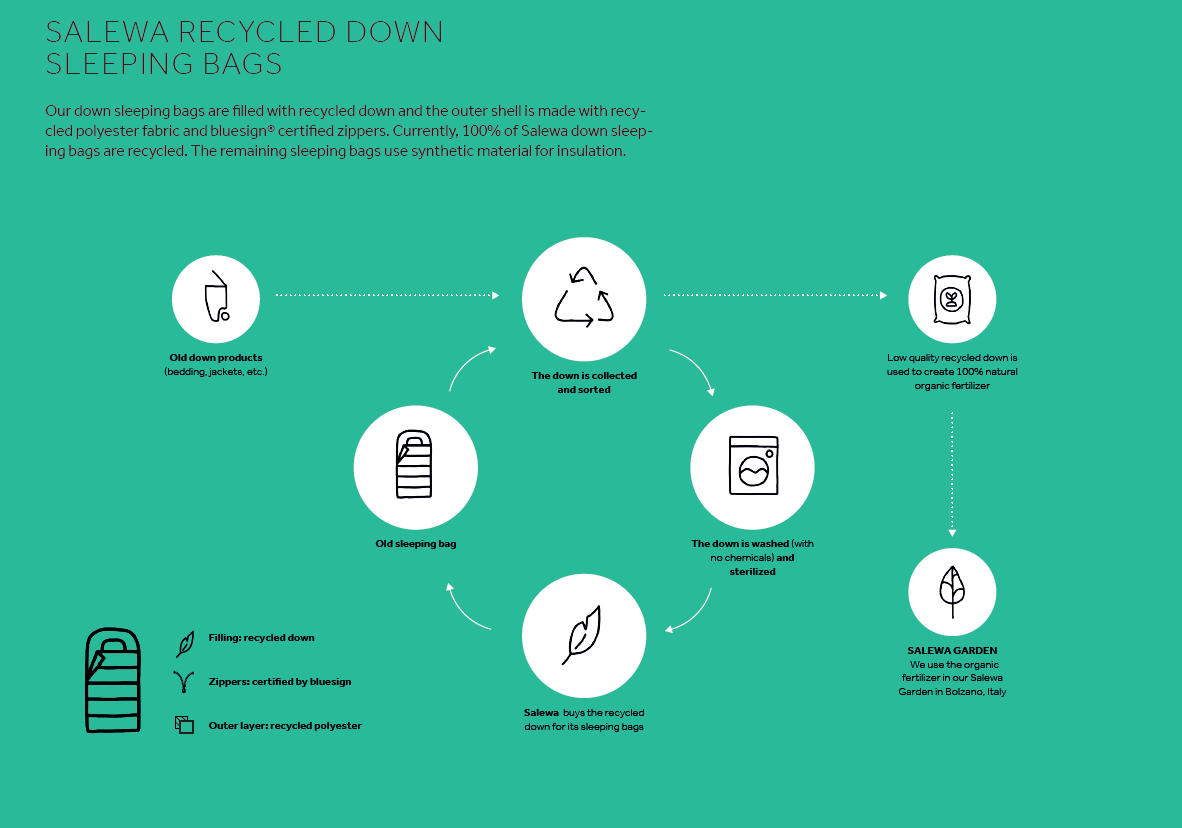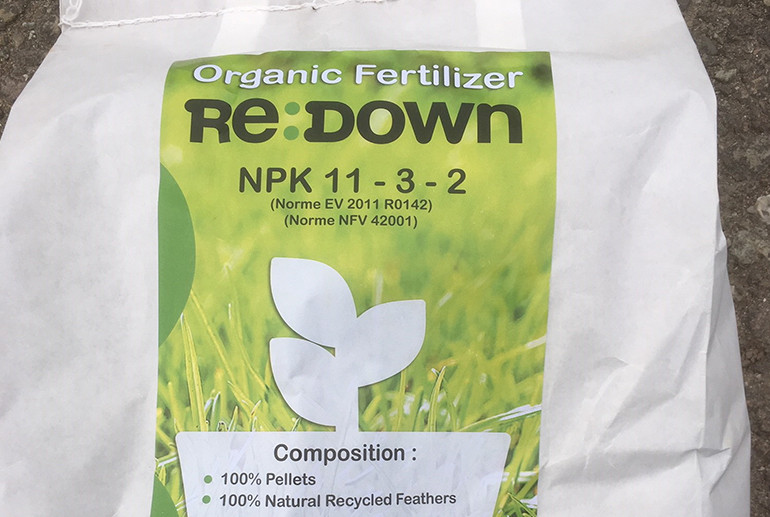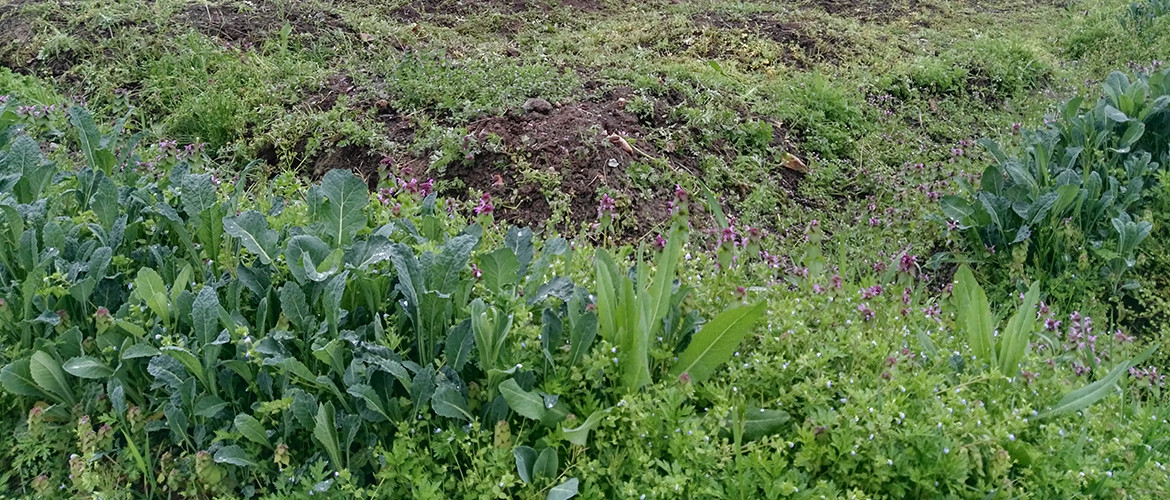Earth Day 2020 – Time to look at things differently
This is a very strange moment for all of us. We are living in a cloud of uncertainty, which is often uncomfortable and sometimes scary.
But within this surreal and very serious situation, there are some positive side effects. Have you thought about nature’s reaction to all of this? Have you thought about the mountains, the sea, plants, animals and all wildlife? They are untouched at the moment. They are not disturbed by any human activity. No noise, no pollution, no contamination. Nature and wildlife can take a breath of fresh air and reconnect with their origins. We believe that World Earth Day this year is even more important than other years. Not only is it the 50th anniversary of this day, but this year we are celebrating it in a different, unprecedented way. Many of us might not be able to go out into nature, enjoy it and protect it by planting a tree or cleaning up a polluted area. But one thing we can all do is take some time to read up, share information, and raise awareness on the environment and on how the planet is actually doing.
Here is our story - an example of our commitment to reducing the impact of our business and contributing to a more circular and closed-loop society.
Our recycled down project is an example of how we can go from traditional take-make-dispose thinking to a circular business model. Our down sleeping bags are filled with recycled down which is collected and sorted from old down products. The down is washed and sterilized (with no chemicals) and then used to create our sleeping bag insulations. The low quality down that cannot be recycled is used to create a natural organic fertilizer, which we use in our Salewa Garden in Bolzano, Italy. With this project we are not using any virgin/new material and we aren’t creating any waste or leftovers either. 100% circular!
We have partnered with Re:Down, a company that recycled down from post-consumer products, to make this project come to life. They take the best of existing resources instead of using new ones. We loved this idea and gave it a try by introducing it into our products.

Interview with Manuele Cola, Equipment Product Development Manager.
How did this project come to life? Where did the idea come from?
The idea of using recycled feathers in sleeping bags had already been presented in 2016 but had not brought the desired results. As the project was still very good, I decided to improve it by looking for a reliable and transparent partner who could support us. When I found out about RE:DOWN, I realized they were the kind of partner we were looking for. Their company philosophy is to reuse all the waste from the production processes in order to minimize their impact as much as possible. They produce natural organic fertilizer from the waste generated during the feather recycling process. This was perfect for our case because we could use the fertilizer in our Salewa Garden, allowing me to complete the project aligning it to the principles of circular economy.
What results have we obtained using this fertilizer in the Salewa garden?
Francesco Sardella, one of the gardeners working in our Salewa Garden with the young refugees, used the fertilizer last year and gave positive feedback. I also used it in my own garden at home. The result is that we have created a system with reduced environmental impact. Through the production of our recycled down sleeping bags, we have contributed to creating around 600kg of fertilizer. 85kg have been used for the Salewa Garden and the rest will be used for the harvesting of fruits and vegetables in many other gardens.
How do you support sustainable innovations within your role as a Product Developer?
I try to integrate and propose solutions with reduced environmental impact as much as possible. This issue has now become very relevant and almost all our suppliers of raw materials and semi-finished products are starting to offer more sustainable, low-impact solutions.
For more information on RE:DOWN and their approach, visit www.re-down.com




